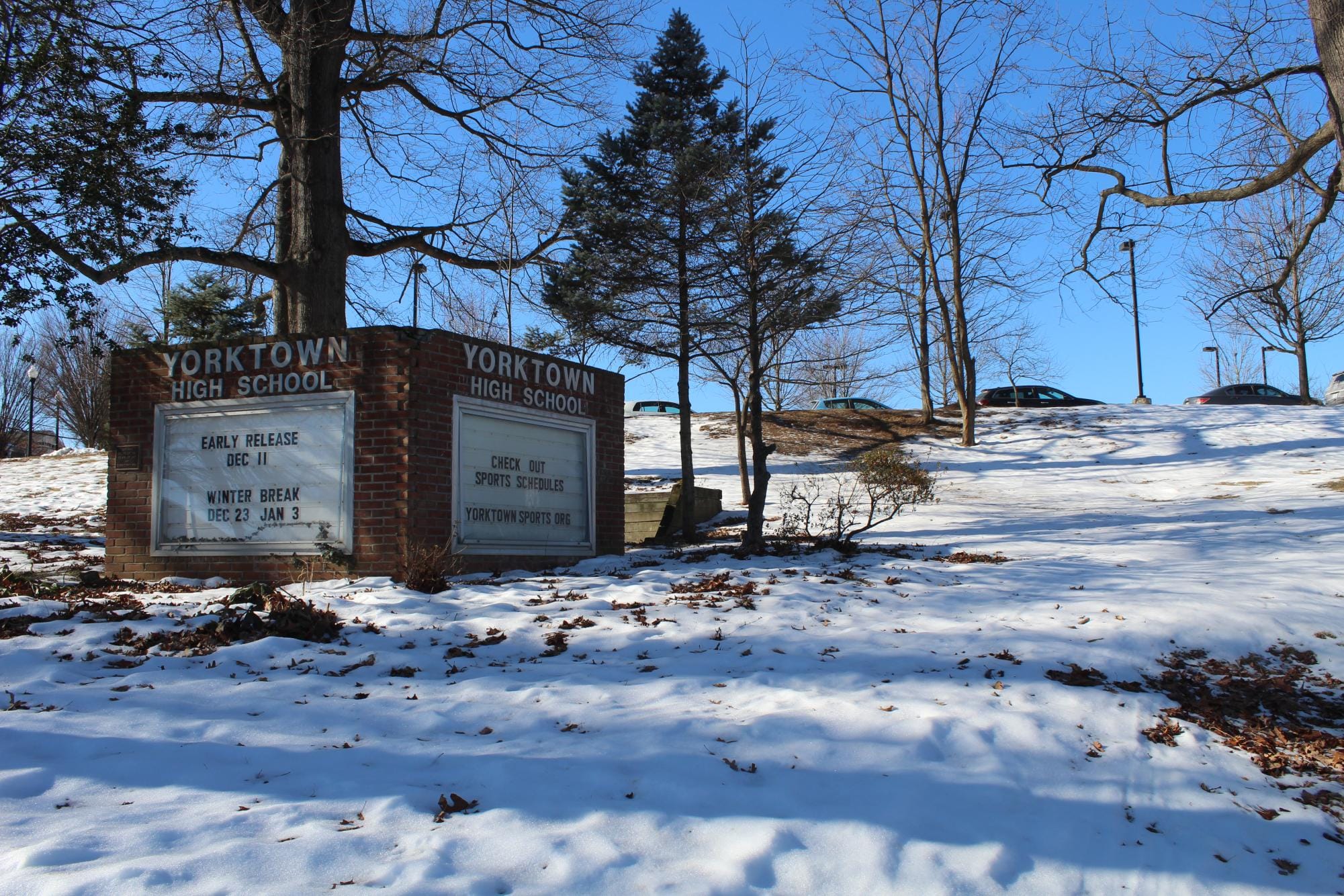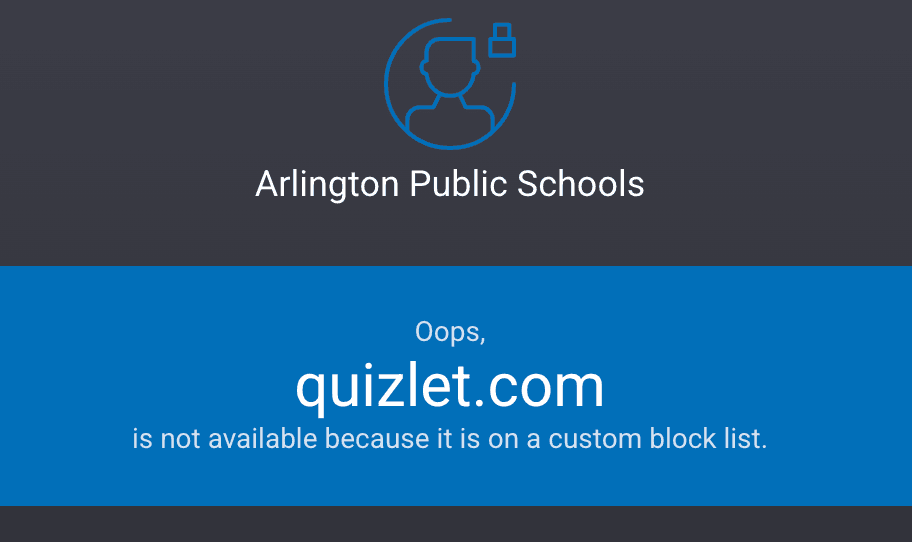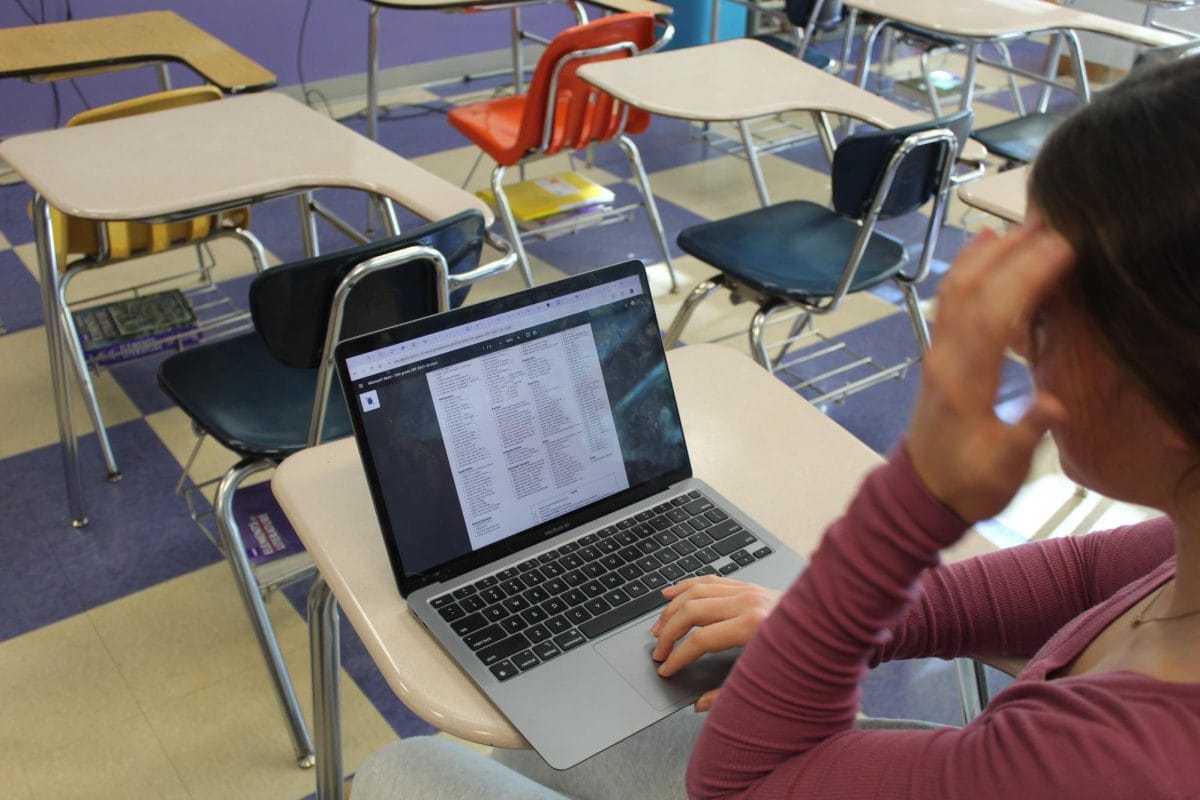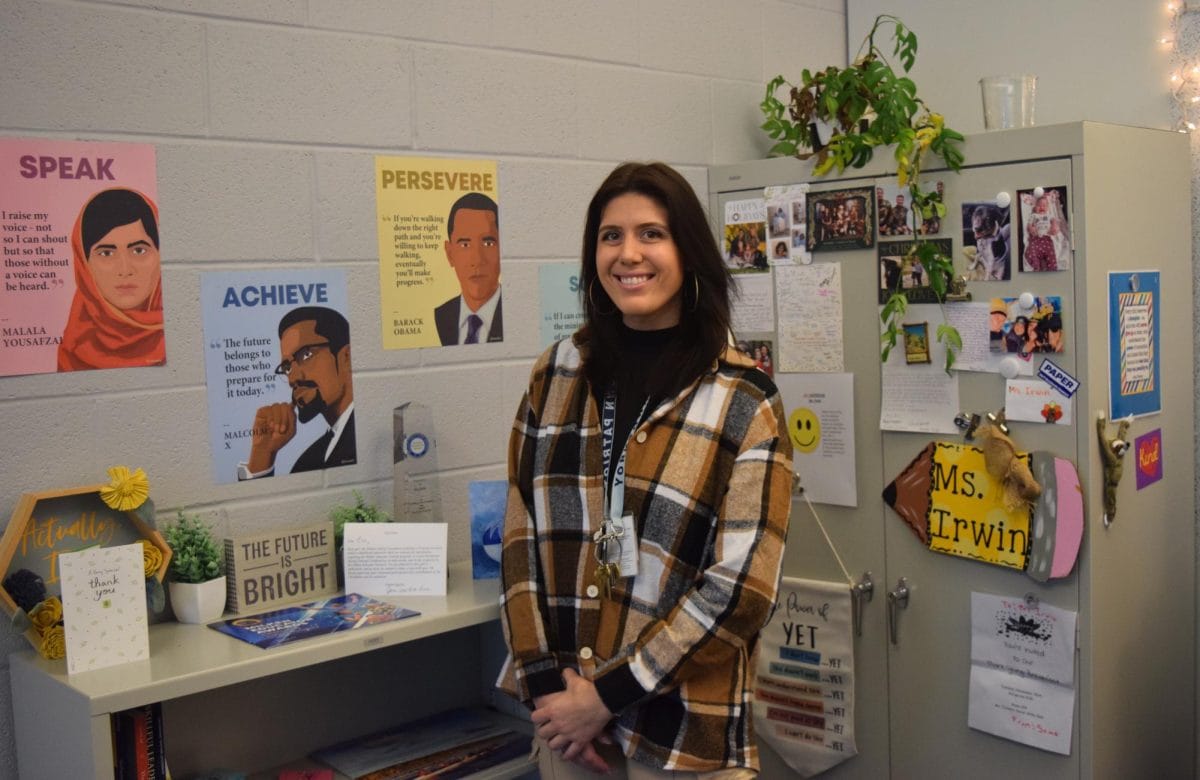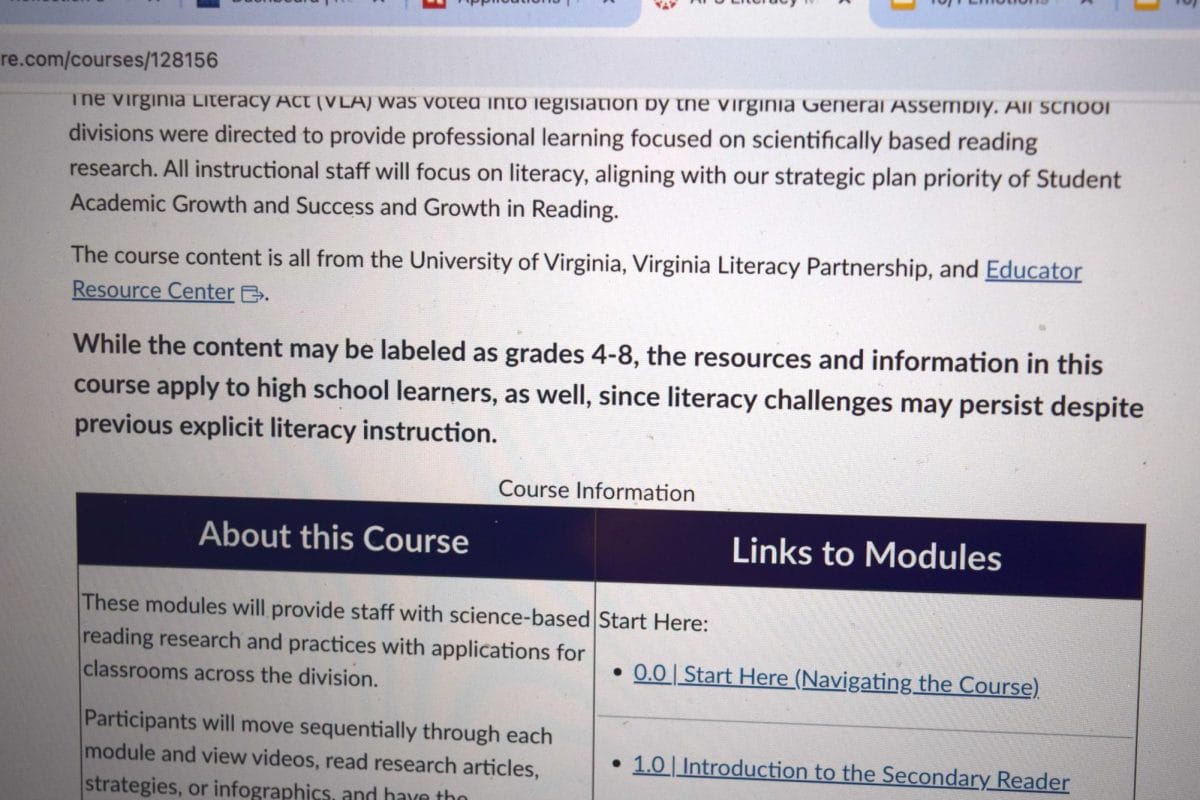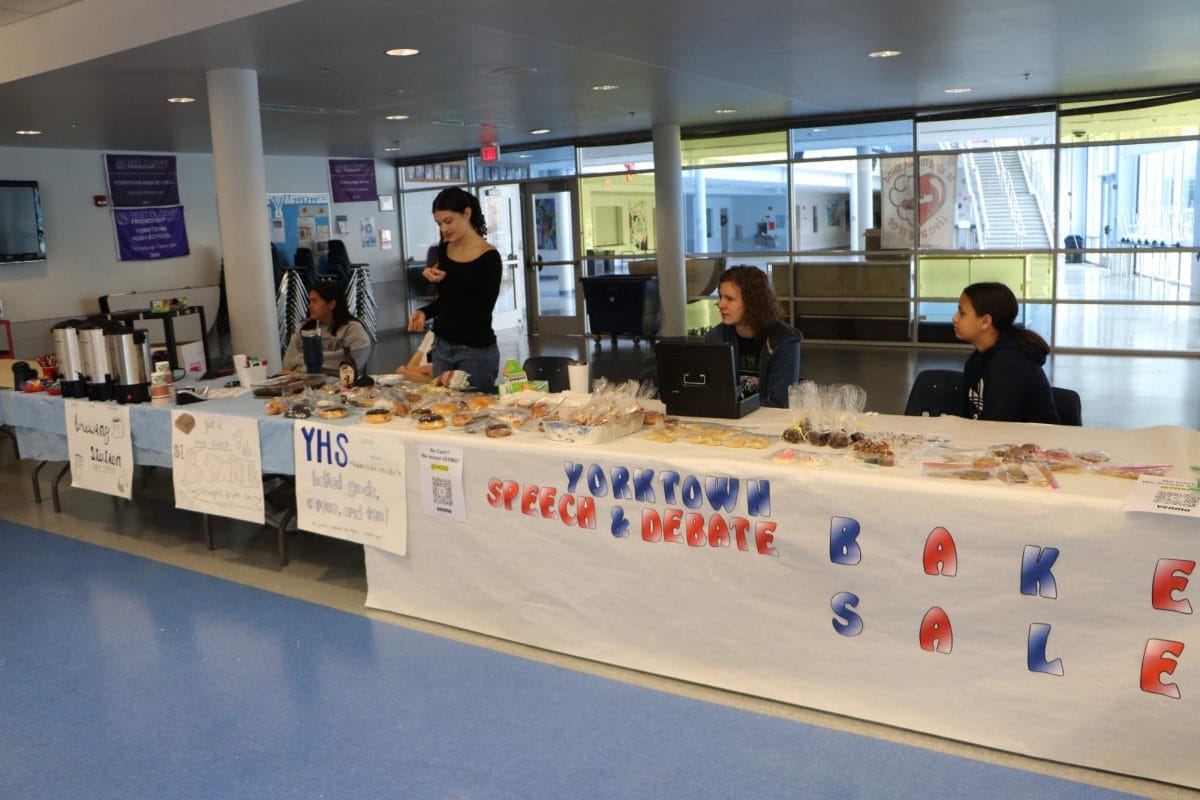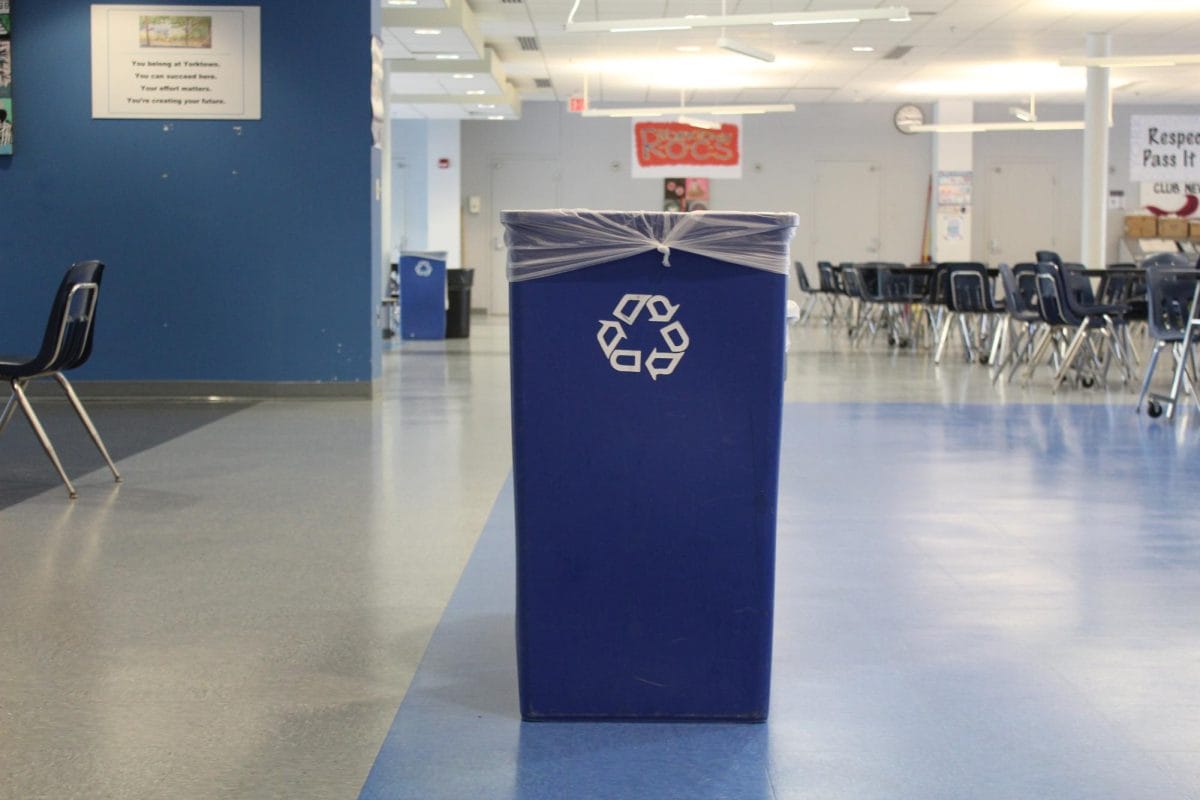Our school’s students and staff are now extremely familiar with the excitement and disruption that comes with snow days. Although these unexpected breaks bring relief to many, they also create challenges. The day off forces teachers to adjust lesson plans, and students to find new ways to keep up with class work. As winter weather is becoming more prevalent in Arlington and the rest of the DMV, the impacts of a few snowy days are now being felt in ways beyond just canceled classes.
Arlington Public Schools (APS) has a reportedly controversial snow day policy, with thirteen snow days built into our schedule. Parents have expressed concern with this, arguing that APS hasn’t come close to needing all thirteen in many years. In the rare case that all thirteen snow days are used, classes are to be continued online. While these snow days are technically built in they can still set teachers and students back.
For teachers, snow days pose a unique challenge: keeping a steady pace with their curriculum. While there are occasional deadlines imposed by the county, such as specific dates for testing or project submissions, Mr.Sheppard, a English 10 teacher, notes that the flexibility in the 10th-grade curriculum allows him to adjust. However, if snow days occur in the middle of a book or project, it can be difficult to remain on pace. For longer absences, Sheppard admits it can cause him to fall behind, but says it’s manageable with some planning.
When it comes to student motivation after a snow day, Sheppard recognizes a shift in energy.
“No one wants to work as hard, everyone is much more in the mindset of ‘I wanna go home,’” Sheppard said.
After having time off, it’s hard for students to get back into “school mode.” Ryan Zito, who teaches Advanced Placement (AP) courses in World History and Psychology, observed that snow days make students less engaged and less willing to participate, even if they are present.
Coming back after a snow day can be tough for both students and teachers, especially when they’re used to being off.
Mr. Zito also pointed out that this isn’t just a student issue. Teachers, too, have a hard time shifting gears after a break.
“It’s not just the students; it’s all of us,” Zito said.
This shift can be especially challenging when students have been staying up later or sleeping in during snow days.
Although there’s no significant forgetfulness shown by students after snow days, he acknowledges that the first day back after a snow day tends to feel less productive. Upon their return, students often need more encouragement to stay engaged, and the expectation of productivity shifts slightly.
For teachers, one of the biggest hurdles of a snow day is the unpredictability. The sudden announcements of school closures can quickly throw off lesson plans. Sheppard says he has often had to redo lessons multiple times when snow days disrupt his schedule.
“The biggest impact is just mentally planning and having to prepare myself to be flexible,” Sheppard said. Acknowledging that flexibility and preparation for a potential snow day can be crucial in the winter months.
The inconsistency of what constitutes a snow day impacts students too. The unpredictability can lead to frustration, particularly when snow days aren’t announced in an orderly fashion.
“It’s worse when there is no snow day when people expect one,”.Sheppard said.
When students are expecting a snow day but no snow day is actually announced, it can lead to a lack of productivity. The key to minimizing frustration, Sheppard believes, is clearer communication and consistency in snow day decisions.
APS often waits until early morning to announce any delays or cancellations, whereas other nearby districts, like Fairfax or Loudoun, tend to make their decisions the day before.
“There’s a lot of politicking that goes into it,” Mr. Zito said
“Some of these other counties have more rural areas, so their decisions affect us because many of our staff live in those counties.” Zito said.
The timing of the snow day decisions can be the biggest factor in throwing people off. Many other school districts around Arlington tend to call snow days long before APS does, or call for a snow day that APS doesn’t call at all. The lack of consistency and communication within APS has, by far, the largest short term impact. Leading to lost sleep for students and staff, as well as a lack of preparation for the next day.
For Mr. Zito, snow days are tough, especially since he teaches two AP classes. AP classes have strict schedules because students must be prepared for exams in May.
“We start the year at a disadvantage compared to other schools,” Mr. Zito explained.
Many schools in the area begin in early August, while Arlington typically starts late in the month. This shorter school year means every day counts.
The biggest issue with snow days, according to Mr. Zito, is that they disrupt the pace of the class.
“It’s hard to keep the flow going when you miss days,” Zito said.
Snow days are even more difficult when they fall right before or after a long break.
“When students are away visiting family, or in a vacation mindset, it’s hard to expect them to catch up right away,” Zito added.
This becomes especially challenging in AP classes, where there is little time to waste.
When a snow day does occur, Mr. Zito adjusts by pushing back assignments or exams. For example, after a recent snow day, he delayed the test in his AP World History class by one block.
“It only took one day to catch up,” Zito said, “but it involved cutting some activities or lessons to make up for lost time.”
Missing days of school, especially multiple snow days, can break the flow of lessons and make it harder for both students and teachers to get back on track. Even though teachers may adjust schedules and assignments, the disruption to the routine can make it difficult to maintain momentum.
Ultimately, snow days are a double-edged sword for teachers and students alike. While they offer a break from school, they disrupt the routine and make it harder to stay on schedule, especially for AP courses. For teachers like Mr. Zito, the key to managing these interruptions is flexibility—adjusting lesson plans, working with other teachers, and making sure students stay on top of their work. Clear communication and early decisions about snow days can also help reduce some of the frustration and confusion that come with unpredictable weather. Despite the challenges, snow days are still a fun day off for teachers and students to enjoy the winter weather.




































